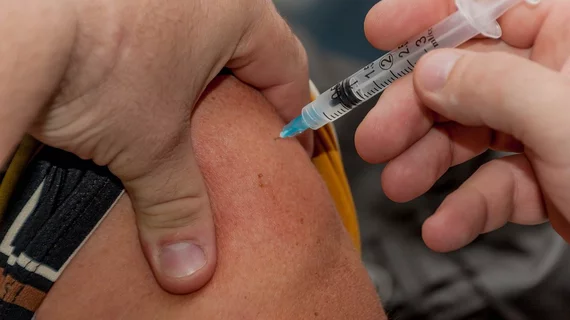Humana leverages AI to promote flu shots
One of the nation’s largest health insurers is using AI to help persuade patients to get their seasonal flu shot, The Wall Street Journal reported.
Specifically, Humana’s AI is helping the company create persuasive email campaigns to encourage flu shot––and is seeing higher open and click-through rates just in time for flu season, which typically sees the highest rates of infection between December and February.
The campaign targets seniors, who are at particular risk of contracting the flu and having adverse complications, including death and hospitalizations. Since 2016, Humana has been working with a company that offer a cloud-based AI tool to design improve marketing messages for success. In 2017, Humana began using the tool to help improve flu shot vaccinations.
By comparison, a subject line created by Humana employees had an open rate of 20%, compared to the AI tool’s 31% open rate. In addition, the AI-created email had double the click-through rate. However, the tool can’t measure if people actually get flu shots.
See the full story below:

